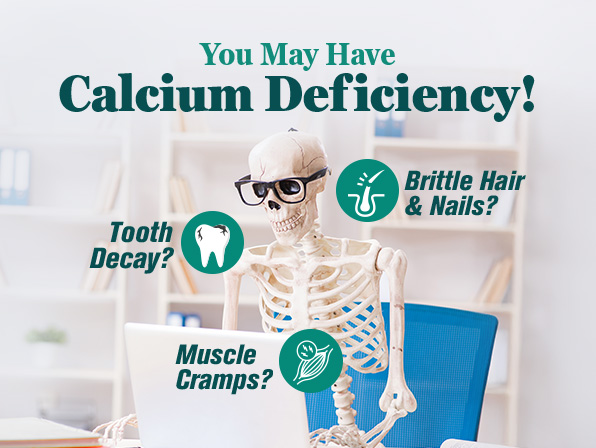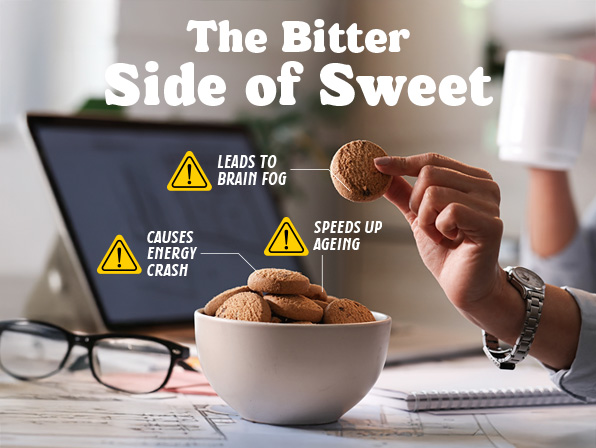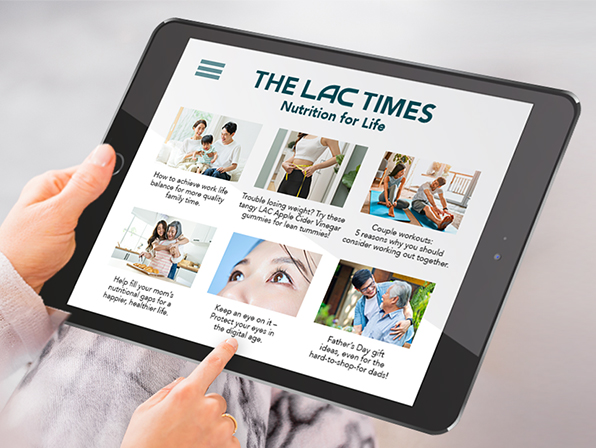Fats
Other Name: Lipids
Fats play many important roles in our body, such as an energy provider, production of hormones, absorption of fat-soluble vitamin and protection against the common cold.
Unfortunately, fats have been linked to obesity and heart diseases, however it is about knowing bad and good types of fats.
1. Healthy fats such as monounsaturated and polyunsaturated fats. These fats are heart-healthy as they do not clog our arteries, and can reduce our bad cholesterol (LDL), while maintaining or increasing good cholesterol (HDL).
- Polyunsaturated fats (PUFAs) such as deep sea fish (e.g. salmon, tuna, mackerel, cod) and healthy oils such as olive and canola oil.
- Monounsaturated fats (MUFAs) such as nuts, seeds, and avocado.
2. Unhealthy fats such as saturated and trans fats as they raise bad and total cholesterol, increasing our risks of clogged arteries and heart attack risks.
- Saturated fats include lard, palm oil and full-fat dairy products such as butter, cheese and cream
- One exception is coconut oil, which are higher in medium chain triglycerides (MCT) which raise good cholesterol (HDL) instead
- Trans fats are liquid fats that undergo hydrogenation process to create solid fats at room temperature. Vegetable oils are usually hydrogenated hence they can be high in trans fat. Studies have shown that a high intake of trans fat is associated with higher risk of developing heart diseases as it increases inflammation of the blood vessels and bad (LDL) cholesterol levels. Therefore it is advised to reduce consumption of foods like pizza, baked goods such as cakes, cookies, confectionary breads that are high in trans fat.
Stay Inspired with Health Trends

Ready To Indulge In CNY Goodies? Before You Do, Read This!

2026 Wellness Reset: MORE Hustle, LESS Burnout

7 Secrets You Need To Stop Hiding From Your Health Advisor!

Movember Reminder – Let’s Talk Men’s Health👨🏻🦱🩺

Is Your 9-to-6 Weakening Your Bones? Here’s How To Fight Back!

Sedentary Lifestyle: The Hidden Hazard to Your Health

🏓Power Up Your Pickleball Game

Your Desk Could Be Dirtier Than A Toilet Seat 🦠

Weight Management at Work (that does not require eating salads 🥗)

The Bitter Side of Sweet: Sugar Speeds Up Ageing & Slows You Down at Work

Keep An Eye On It – Protect Your 👀 In The Digital Age

Is Your Child Driving You Crazy? Here Are 7 Supplements To Help You Stay Calm and Sane.

🌸 Happy Mother's Day

Ingredient Spotlight: Placenta and NMN

What is Revenge Sleeping Procrastination?

8 Tips For Building Mental Resilience In Your Child

7 Amazing Facts About Women

How Burned Out Are You?
